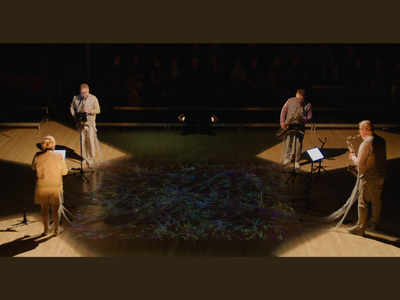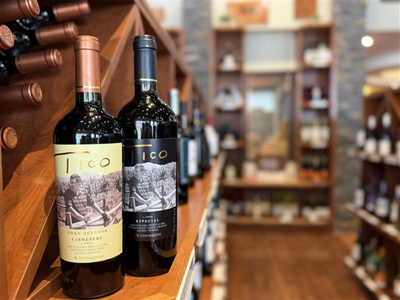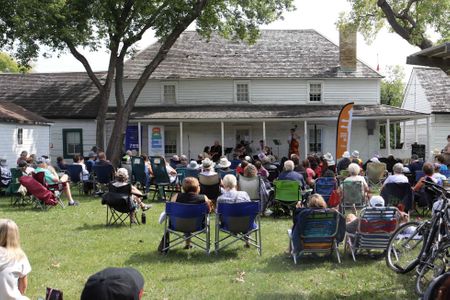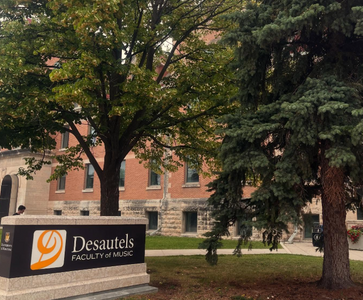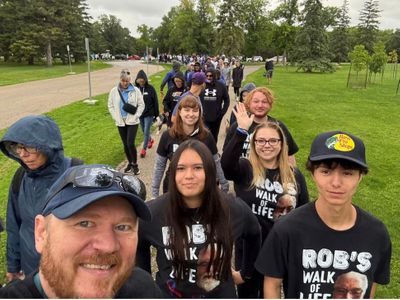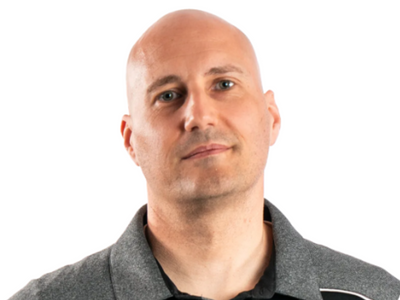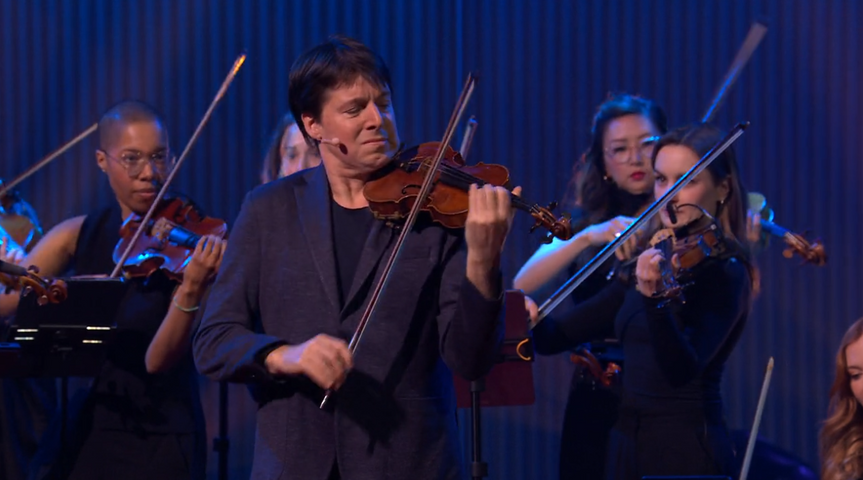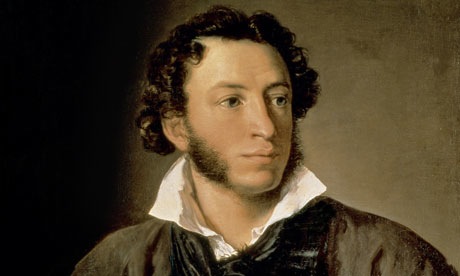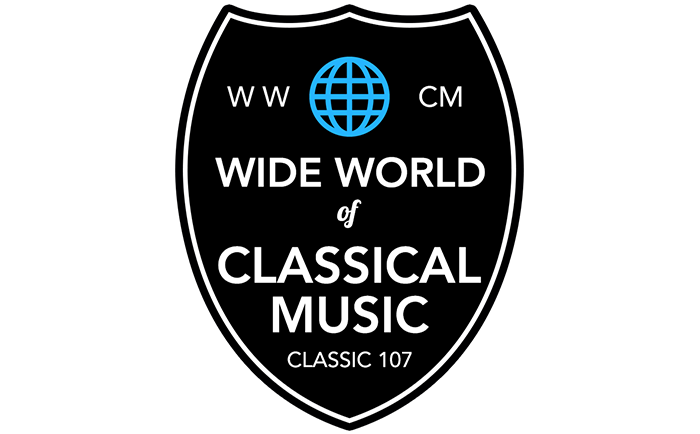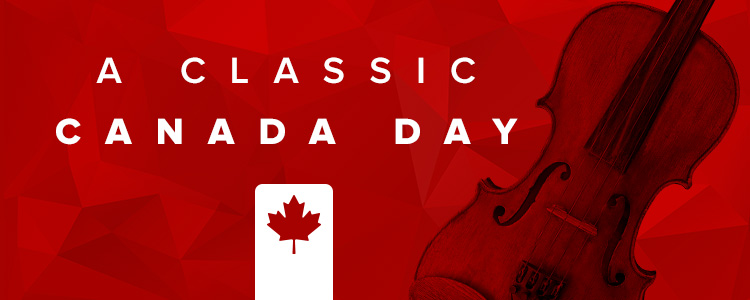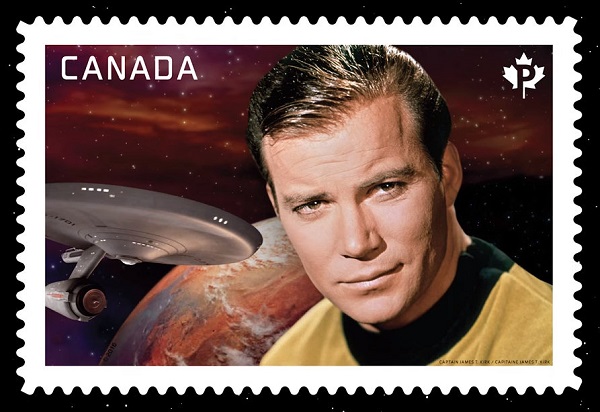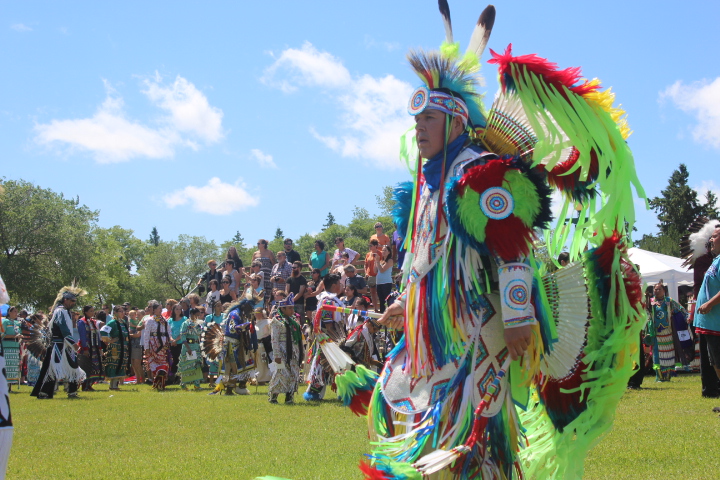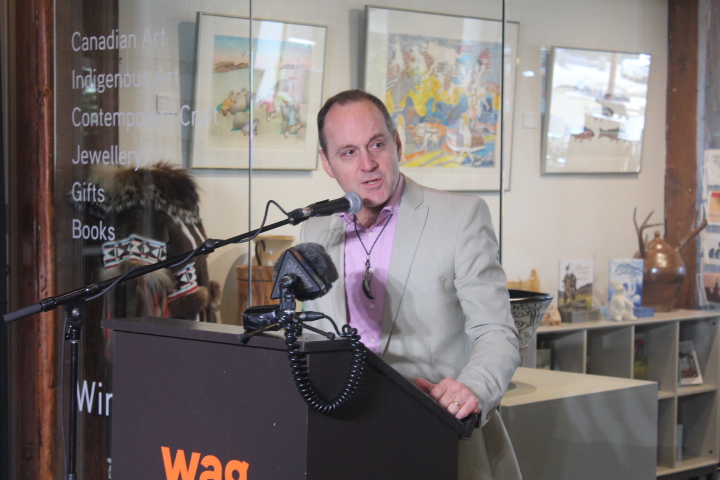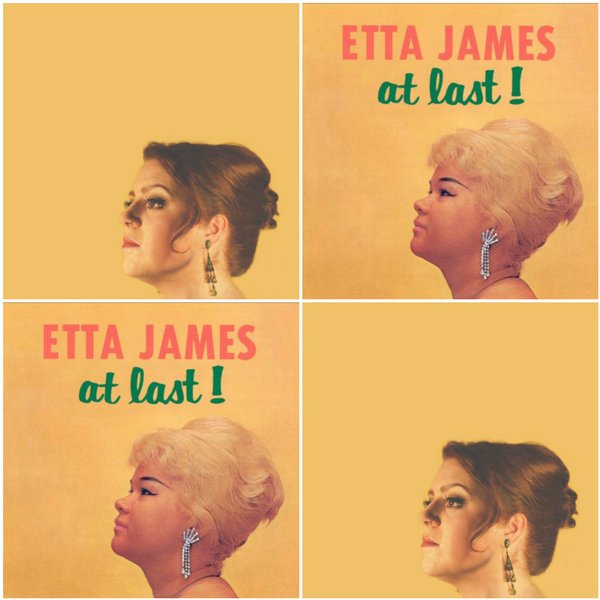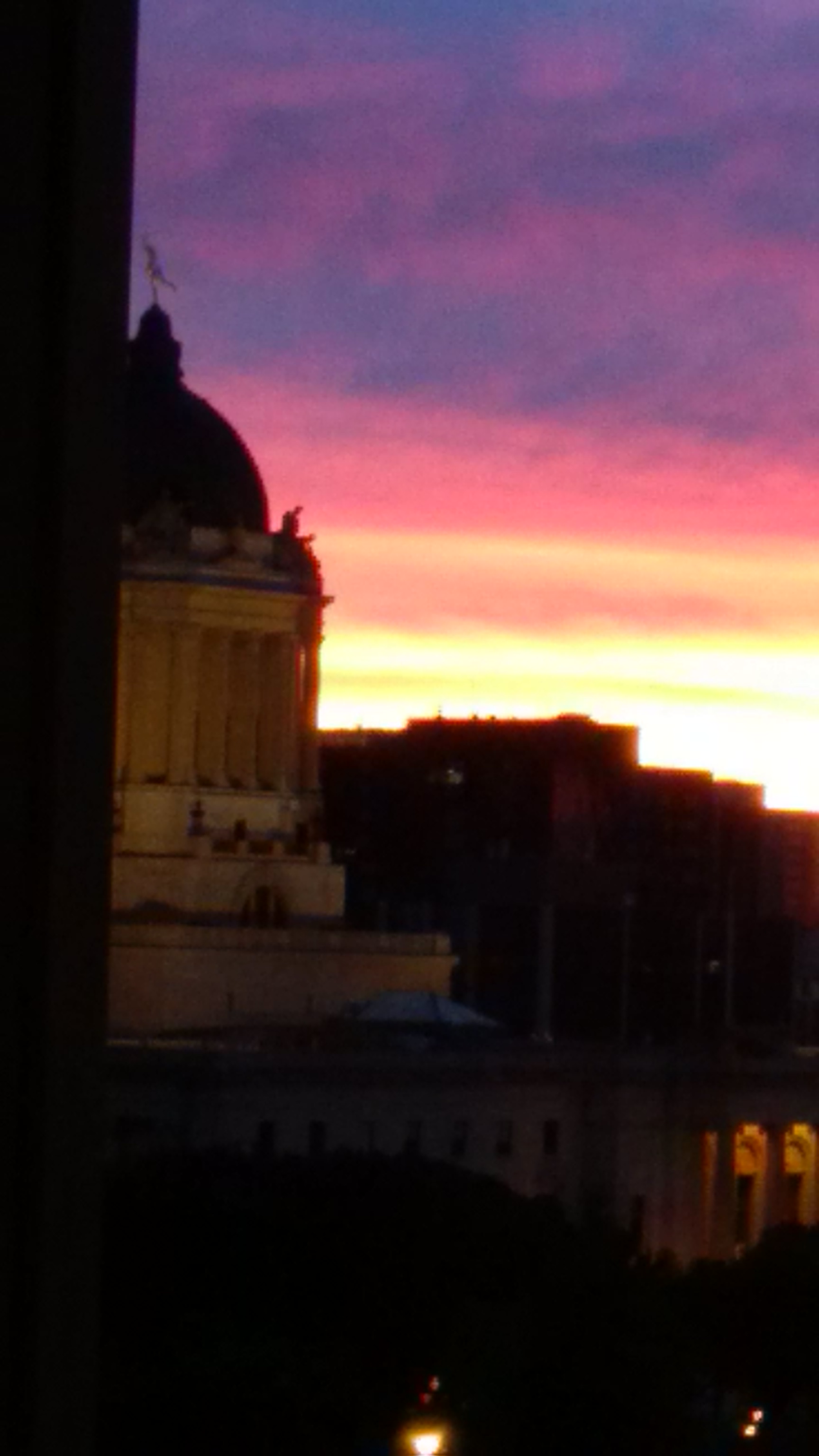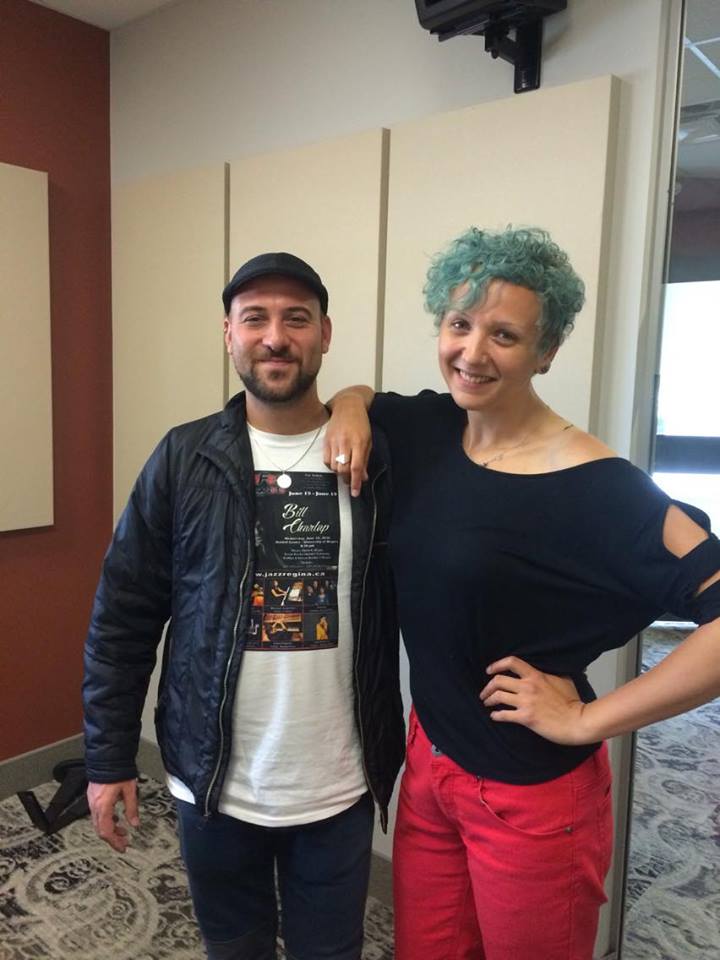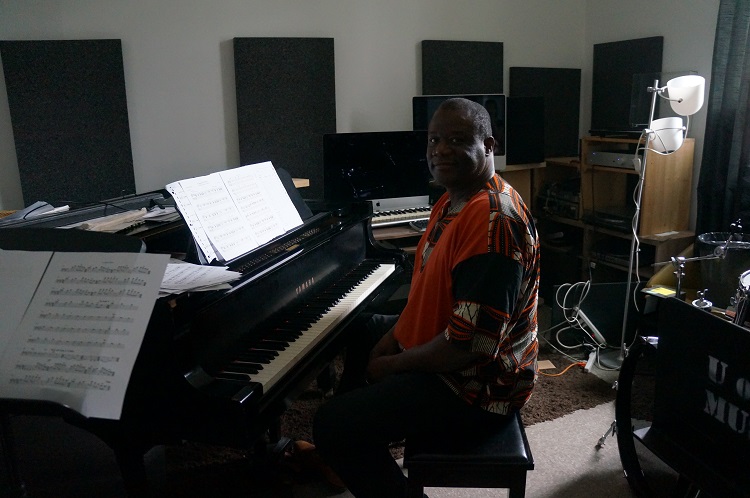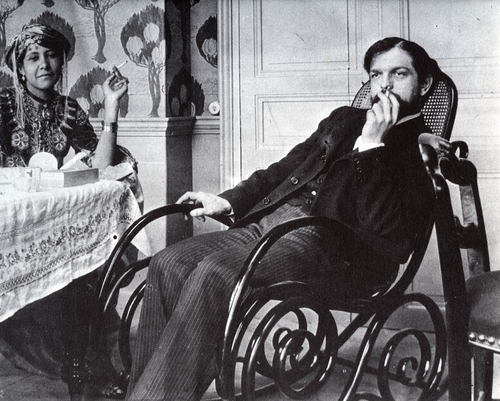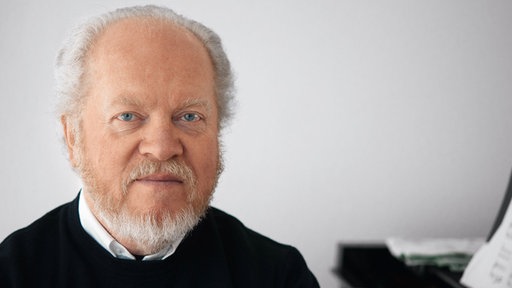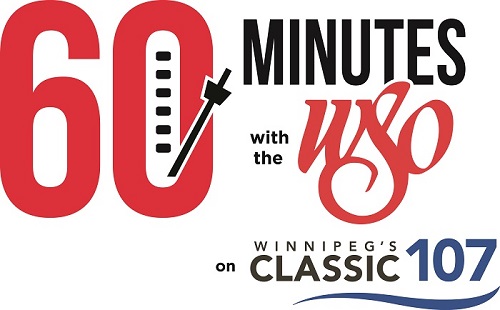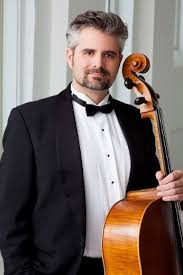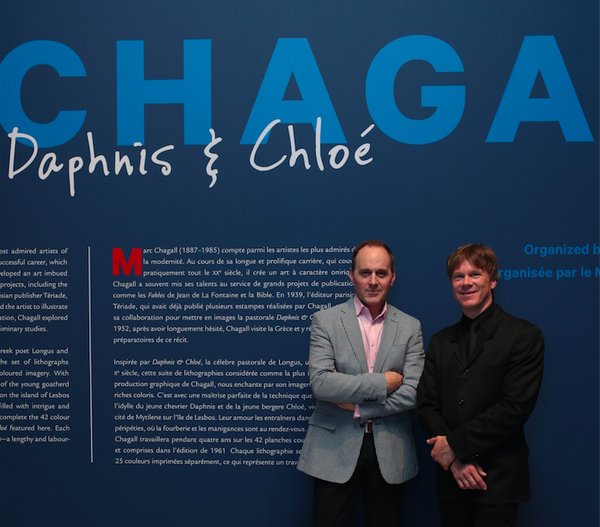Arts & Culture
In Vancouver TED Talk, Joshua Bell asks: do we still need orchestras?
Joshua Bell makes the case for orchestras in TED Talk performance GRAMMY Award-winning violinist Joshua Bell believes the future of classical music depends on keeping orchestras alive—and making them as common in communities as little league teams. The celebrated violinist brought that message to Vancouver during a recent TED Talk, hosted by the newly formed Chamber Orchestra of America, an ensemble Bell helped establish in New York. See the TED Talk Here: A journey through 300 years of music Bell’s talk, titled 300 Years of Classical Music in 18 Minutes, set out to answer bold questions: Do we still need orchestras? Do we still need classical music? With his 1713 “Huberman” Stradivari violin in hand, Bell led listeners through excerpts of cornerstone works: Bach’s St. Matthew Passion, Mozart’s Symphony No. 25, Beethoven’s Symphony No. 5, and Schubert’s “Unfinished” Symphony No. 8. He also performed Earth (2023), a contemporary piece by Pulitzer Prize-winning composer Kevin Puts that was commissioned by Bell. The program concluded with Tchaikovsky’s Serenade for Strings, joined by members of the Vancouver Youth Symphony Orchestra. “The beauty of classical music is that the more times you hear these pieces, the better they get,” Bell said. “They take on deeper and deeper meanings for the listener and for the players.” Music as a gift for every child At the heart of his message was a passionate plea for music education. “There’s not a greater gift you can give to a child than the gift of music,” Bell told the audience. “I wish every child had the opportunity to play in an orchestra. In an orchestra, a child learns about beauty, and they learn how to listen to each other, and to be part of something bigger than themselves. But it’s fun—it’s a blast!” Bell went a step further, envisioning a world where youth ensembles are as common as youth sports. “I wish every town had a youth orchestra, or multiple youth orchestras,” he said. “How about as many youth orchestras as we have little league baseball teams? And hey, I love baseball. I think we could make that happen. I really hope for that in the future.” Why orchestras still matter Bell cautioned against a world without orchestras, comparing it to locking away masterpieces of visual art. “Imagine if we didn’t have orchestras anymore, and these pieces that we just played and so many other greats could never be heard,” he said. “It would be like having the Mona Lisa and Michelangelo’s David locked up in a dark closet. This music would just be a pile of paper with dots on the page, meaningless without orchestras. Obviously, that would be a tragedy. And so what are we going to do about it?” A career of advocacy and artistry One of the most acclaimed violinists of his generation, Bell has performed with nearly every major orchestra worldwide. He is the music director of London’s Academy of St Martin in the Fields, where his contract was recently extended through 2028. An exclusive Sony Classical artist, Bell has been nominated for six GRAMMY awards and honoured with distinctions including the Avery Fisher Prize, the Musical America “Instrumentalist of the Year” award, and recognition as a “Young Global Leader” by the World Economic Forum. For his dedication to arts education, Bell has received the Paez Medal of Art and the Glashütte Original Music Festival Award. Still, for all the accolades, it was his call for a new generation of musicians that resonated most strongly in Vancouver. As Bell put it: “There’s not a greater gift that you can give to a child than the gift of music.” Bell’s Vancouver TED Talk was more than a showcase of virtuosic playing—it was a reminder that classical music is not just a relic of the past, but a living art form that thrives when passed on to the next generation. By calling for more youth orchestras, he framed music not only as cultural preservation but as a vital investment in community, creativity and connection. His message was clear: orchestras matter, because without them, we risk silencing centuries of human expression—and losing the chance to inspire the musicians of tomorrow.
